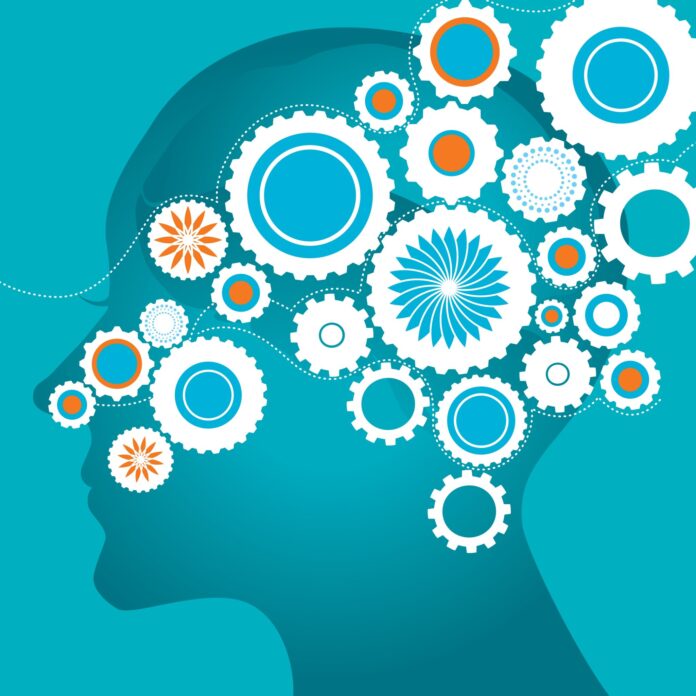Being aware of how we treat ourselves and others is crucial to ensuring a happy outlook on life, writes SAROJA SRINIVASAN
Every year World Mental Health Day is celebrated on 10 October. This is a timely reminder to all of us that perhaps the most important preventative action we can take is to take time to reflect on what we are doing to maintain good mental health. How do we feel about our life? How do we see ourselves? Do we feel good most of the time? Do we give enough time to hear, listen and respond to others around us? Do we feel listened to by others in our life?

Celebrating the positives
Last year, the theme for Mental Health Week in NSW was Celebrate, Connect and Grow.
It is important that we celebrate the positive experiences we have had in life. No success is trivial. Every win is significant. All of us have strengths and weaknesses. Very often, people tend to berate themselves when things go wrong, forgetting that at other times, they have had the strength to meet many challenges. We need to acknowledge our positive experiences if we want to ‘feel good’.
Maintaining relationships and friendships is an important ingredient in retaining a happy outlook on life. No man is an island – we live in a social world and isolating ourselves can only cause sadness and unhappiness. Friendships need to be under constant repair, said Samuel Johnson. The second important ingredient in maintaining a sense of well-being is the connections we make and the effort we make to keep in contact.
Looking for new interests and trying something new helps in creating a meaningful life. All of us have a need to grow, emotionally, spiritually and feel that we are not stagnant. Far too often, we fail to look for alternatives when we are in a state of conflict and confusion. By creating a purpose, we can expand our outlook on life and progress in our life experience.
Hygiene, whether it is environmental, physical or mental, is the most essential step in prevention. Good physical and environmental hygiene has changed the face of medicine. Good public and personal hygiene has seen the elimination of many communicable diseases. When it comes to maintaining good mental health, the responsibility lies mainly with the self. Too often people point the finger at others as the source of their negative emotions. Not so. Unless we take responsibility for our actions, words, whether said or unsaid, and our own reactions to others, there is very little chance that anything will change.
The importance of action
This year’s theme for the NSW Mental Health Week is Act, Belong and Commit.
Most people have good intentions but unless we translate it to action nothing will change. Whether it is a commitment to change ourselves, or help another person in need, we need to act on that thought to make a difference. It has been long known that an active life is paramount in maintaining good physical and mental health. The production of endorphins, the wellbeing hormone, is increased when you are active, and this is well documented. This is the reason regular exercise is vital to maintaining good physical health and also preventing negative emotions from taking hold.
Being part of a group is not only important when you’re a teenager, but all through life. Social isolation is one of the most devastating experiences you can go through. It is vital that everyone is encouraged to feel they belong to a group, whether social, sporting, family or cultural. Human beings are ‘social animals’, as the saying goes, and so belonging to a group is an important part of life.
Whatever decision we make to act and belong, the commitment to persevere is
needed. One-off actions cannot make much of a difference, be it for your benefit or for the benefit of another.

The role of mental hygiene
Developing and maintaining good mental hygiene starts with awareness training – awareness of how we think, behave and how we observe and react to others. Habits of thinking, if left unchallenged, create a lot of conflicts. Far too often we respond too quickly and regret later. As adults we need to be mindful of the fact that most often, it is not situations or people that generate our reactions, but how we have understood, or more likely misunderstood, that leads us into a negative domain. Sometimes we are too quick to judge people, at other times we have not taken the time to listen fully, even responded too quickly, creating a situation that leads you off the subject altogether.
Taking adequate time is important, especially when it is a sensitive topic or an significant one. This is the case whether we are talking to others or trying to sort out our own thoughts.
Good mental hygiene requires an honest and hard look at your beliefs and attitudes, as well as being more empathic to others’ circumstances.
The basic values of thoughtfulness, kindness and perseverance are very much part of the habit one has to practice to lead a balanced life.




